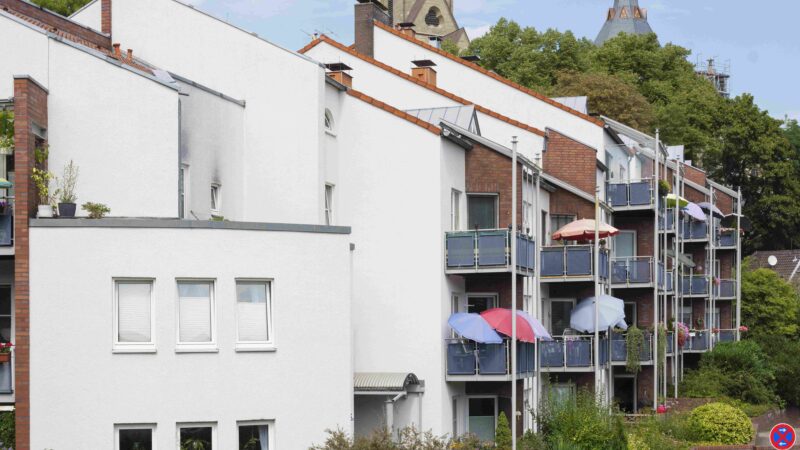Our waking and sleeping patterns are dependent on the social conditions in which we live. This includes how we work, which affects our bodies and psyche, as well as climatic conditions. Sleep is not a given, but an activity influenced by our environment. It is also a biological necessity. In our living space, which is solely based on economics and geared towards efficiency and permanent availability, our relationship to sleep seems increasingly ambivalent. On one hand, sleep is considered unproductive and disruptive – an activity that needs to be optimised. But on the other, it has the subversive potential to interrupt, stop and refuse.
Sleep scientist and neurologist Alexandra Correll, Dietmar Osses (Director of the Hannover Colliery), Betty Schiel (Transnational Ensemble Labsa member) and Britta Peters (Artistic Director of Urban Arts Ruhr) discuss how, when and where we sleep today and what sleep patterns tell us about the times we live in.
Tip: Before the interview, we invite you to visit the exhibition “Vom Schuften und Chillen” (On Toiling and Chilling) at the Hannover Colliery. Admission is free.
- Address
LWL-Industriemuseum Zeche Hannover
Günnigfelder Str. 251
44793 Bochum
